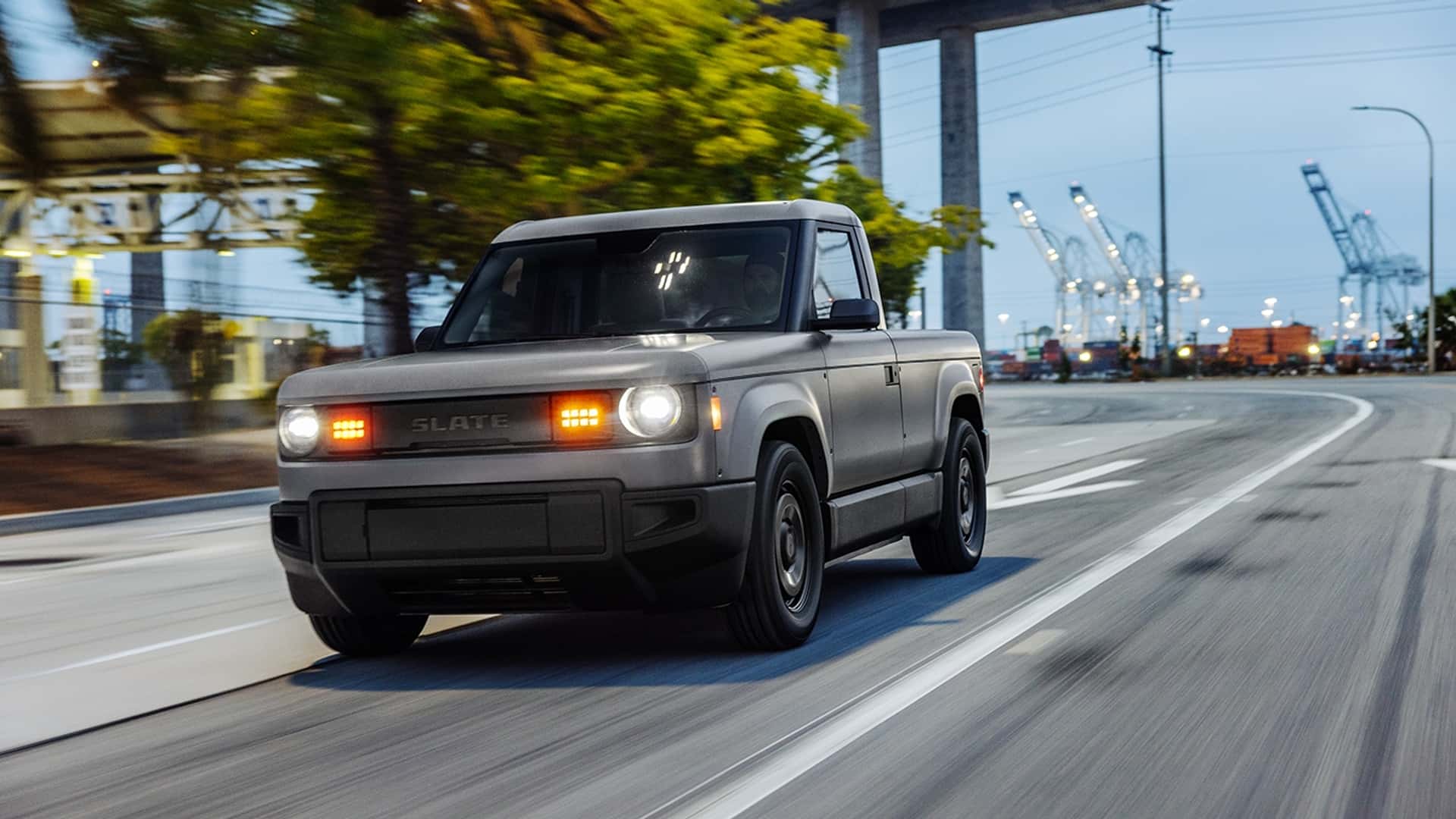
- Data from Recurrent shows that EV drivers use just a small fraction of their EV's EPA range.
- On average, EV drivers use 12.6% of their car's range, the firm found.
- It means that switching to an EV may be easier and cheaper than most people think.
I don't want to tell anybody how to live their lives. But sometimes, the data is hard to ignore.
Even as consumers demand electric cars that can go 250, 300 or even 400 miles between charging sessions, research shows that they can usually make do with far less. Recurrent, a firm that tracks range and battery health in thousands of EVs, crunched the numbers and learned that electric car drivers only use a small fraction of their batteries each day.
The bottom line for the EV-hesitant: You probably need way less range than you think you do. And that means switching to an EV could be a lot easier and cheaper than buyers and the industry think.
"Data from over 40,000 EVs shows EV owners in the U.S. are leaving a lot of the range they pay for on the table," the firm said in a report released this week.
Cars with an EPA-rated range of 350-375 miles—some of the rangiest in America—still only averaged 40.9 miles per day. Taking the weighted average across all EVs suggests that drivers tend to use 12.6% of their car's rated range daily, Recurrent found.
Here's how usage stacked up across vehicles with different ranges:
- 75-100 mile EVs: 22.8% of range used daily
- 300-325 mile EVs: 12.0% of range used daily
- 350-375 mile EVs: 11.3% of range used daily
- 375-400 mile EVs: 7.9% of range used daily
This tracks with what we know about how people drive more broadly. Government data shows that Americans travel around 40 miles daily on average. So the obsession with more and more EV range is less about what people do on a regular basis and more about "what if?" scenarios. "What if I want to take a cross-country road trip?" "What if I don't want to be limited by my car?"
Those are valid concerns, and there definitely are people who need a big ol' battery. Maybe they need to charge in public and don't want to sit at the Supercharger more frequently than they have to. Maybe they do actually take longer trips with some frequency. Maybe they live in a place where fast-charging infrastructure still isn't great or widespread. (And perhaps a lot of these EV owners studied are taking longer trips in a gas car they also own; the average U.S. household has roughly two vehicles.)
Overall, the American market has been conditioned to think of their cars as things that can do literally everything all of the time. But it's also worth exploring what the EV market could look like if more people accepted they they just don't need 300-plus miles of range to take the plunge.
Battery packs could be a lot smaller, leading to significantly cheaper cars and solving a major barrier to EV adoption. These EVs could also be lighter and more efficient, saving drivers money on electricity. Setting aside new EVs, the data shows that, a cheap old Nissan Leaf with 150 miles of range could work for a lot of people.
Or, as Recurrent puts it: "A 200-mile EV could handle 99% of these daily usage patterns, yet manufacturers are adding cost and weight for range that often goes unused."
Some car companies are heading this direction. Slate, the new EV startup backed by Jeff Bezos, plans to sell a small pickup truck for roughly $25,000 with 150 miles of range. The company acknowledges it's more of an around-town vehicle than a road-tripper. Ford this week announced an upcoming electric pickup that, at least in one variant, will have a 51-kilowatt-hour battery, about as big as the Slate's.
Then-Lucid CEO Peter Rawlinson told me in an interview this year that he saw 180-mile EVs as "the future, definitely." Once there are EV chargers on every street corner and drivers can top up without issue, that'll be plenty for many buyers, he said.
The question is: How do automakers convince people to accept less range? Can that idea even penetrate America's deeply ingrained car culture?
Lower-priced EVs could help make that argument. But the best antidote for range anxiety may be getting people to drive and live with electric cars in the first place. Research shows that the overwhelming majority of people who buy EVs don't want to go back.
And Recurrent highlights survey data from the advocacy group Plug In America, which says that the prevalence of range anxiety among EV buyers drops by about half once they become EV drivers. Only 22.8% of EV drivers said range was a concern.
"This suggests the industry's 'range arms race' is creating expensive solutions to problems that don't exist, or exist for only a moment before people really experience EV ownership," Recurrent said.
Contact the author: Tim.Levin@InsideEVs.com








